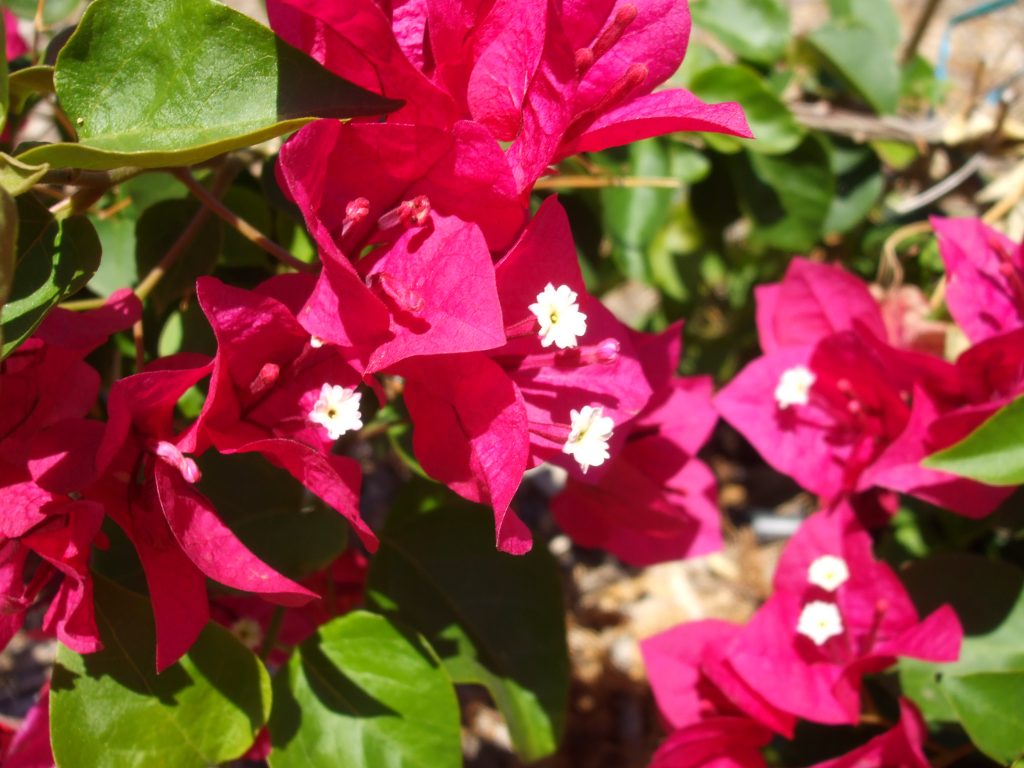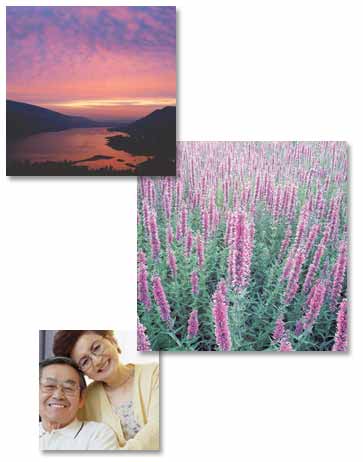My Brush with Death as Cultures Clashed
A brush with death seemed unthinkable as I started a store on a lovely Pacific island. But I had a lot to learn.

Ships visited Ruo island every three months to buy the islanders’ copra and sell food and supplies. Between ships, the people had no way to make money or buy goods, so they were eager to form a co-op. As members joined, we designed a building. Labor was no problem since the men often built basic, concrete homes. But cement and roofing were expensive, not to mention goods to stock our store, leaving little to pay laborers. Still, several members volunteered to work for the minimal wages we could offer.
All went smoothly as the building took shape. Then the workers’ leader, Asauo, said the men wanted more money, or they would slow the pace of their work. This was a poser. The fledgling co-op couldn’t pay more, but without a building, we’d have no store.
I tried to explain that all the co-op members were counting on the workers to get this venture going. Actually, they were the first members to benefit, by earning wages. They had agreed to the stipulated wages, and to demand more now would be in “bad faith.” I had no idea how to translate this term into their language, but Asauo nodded soberly, saying “luku ngau,” meaning roughly “bad thought,” and seeming to understand.
The problem apparently resolved, the men returned to work, but the sweat I wiped off my face was not just from the heat. That night, though, matters took a chilling turn. Asauo got drunk and tore into the taro groves with a machete. You could hear him crashing through the brush, yelling incoherently, nearer, then farther. Under local custom, people were not held responsible for what they did while drunk, and tales of what some islanders had done to others while inebriated were hair-raising. And I’d already had one brush with death when a drunken islander charged into my house, enraged about something that was never explained. Fortunately, he was closely followed by the island policeman, who wrestled him out the door again.
But no policeman was near on this night. And all that stood between the bellowing Asauo and me was a flimsy screen door.
Never have I been more grateful for my Lemurian training than during that long and troubled night. It assures us that when we do our best and ask for help, things work out for our greatest good. I was trying to help people improve their lives and not taking advantage of the workers, but compensating them as well as I could. I hoped I had done enough good up to that point to offset whatever ill might befall me because of a disgruntled worker. Since worrying was futile, I tried to visualize success for our store, and eventually fell asleep in the wee hours.
The young man must have dissipated his unhappiness in the taro groves, for soon the incident faded from memory. Our co-op building was completed faster than we hoped and provided goods and salaries for the islanders during the years I lived there. My understanding of people grew from that experience too, as I realized how tricky it can be to work with others when there are language and culture barriers. But the workers and I became friends. And my faith in Lemurian principles grew stronger.
Copyright © 2019 Lemurian Fellowship
3 thoughts on “My Brush with Death as Cultures Clashed”
Comments are closed.

A hair raising adventure! Interesting that the culture of the island allowed no repercussions for drinking. There must have been much mayhem when the ships came in. Surely that part of their culture must have changed by now?
A very good example of protection gained by the improvement of living conditions you were making for the best good of all on the island.
Thanks for your comment, Eric. Since these events took place in the late 1960s, it’s entirely possible the attitude toward drunkenness may have changed. I had many conversations with the chief of Ruo at that time, though, and he told me that things wouldn’t change in his generation or his children’s generation, but they might change in his grandchildren’s day! How’s that for sticking with the status quo? Yet, things do change. Many younger people have left Ruo over the years and now live in Hawaii, Alaska, and here in the States. So no matter where we’re born or raised, there’s always a world of opportunity out there for those who reach for it.
Thank you for an interesting story, displaying courage and persistence – where sticking to the good and Lemurian principles paid dividends in the final analysis.